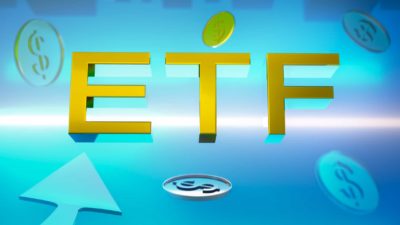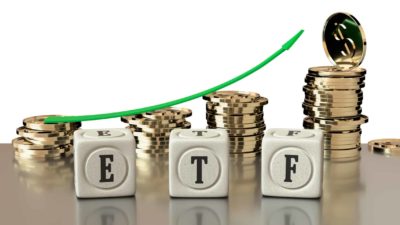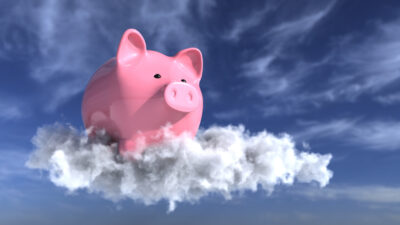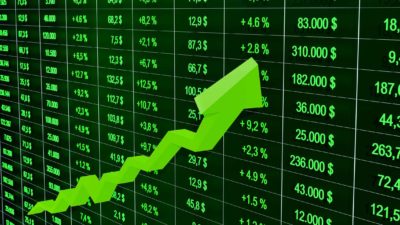Maybe the gloom in the consumer-facing sector is overplayed. The Breville Group Ltd (ASX: BRG) share price surged to a new record high this morning after it posted a big increase in earnings and dividend.
Shares in the kitchen appliance maker rallied a staggering 15.8% to $23.14 compared with the 0.4% increase in the S&P/ASX 200 (Index:^AXJO) (ASX:XJO) index.
Earnings and dividends jump
Breville posted a 25.4% uplift in revenue to $552 million and a 15.6% increase in earnings before interest and tax (EBIT) to $72 million on a pre-AASB 16 basis for the six months ended December 31, 2019.
Management also lifted its interim dividend by 10.8% to 20.5 cents (franked at 60%) on the back of the strong result.
Breville is the third retail-exposed stock to post big growth in so many days. Electronics and white goods chain JB Hi-Fi Limited (ASX: JBH) and auto parts group Bapcor Ltd (ASX: BAP) also excited the market with their better-than-expected results.
Geographic expansion seems to be paying off for Breville. In constant currency terms, sales in Europe jumped 60% while North America increased by 14.6%. Sales in Australia, New Zealand and the rest of the world improved by a more modest 10%+.
Darker side of the results
But it isn't all good news. Breville is the victim of the Trump tax. US President Donald Trump imposed hefty tariffs on China-made imports into his county and this is one reason for Breville's margin squeeze.
The margin pressure is evidenced by the slower rate of increase of earnings versus sales. But it isn't only the Trump tax that is weighing. Unfavourable exchange rates and a change in sales mix towards their lower margin distribution business.
The margin pressure is likely to persist as Breville is forecasting higher spending on marketing and research and development as a percentage of sales.
Outlook and guidance
Management is expecting full-year EBIT to be in-line with consensus forecasts of around $110 million on a pre-AASB 16 basis.
The group also added that its supply chains do not extend into the Hubei province in China, which is the epicentre of the coronavirus.
"As at 13 February 2020, our manufacturers were coming back online after CNY having implemented the safety processes as defined by the Chinese government," said the company in a statement to the ASX.
"This means that the post-CNY production ramp up is likely to happen more slowly than in prior years."







